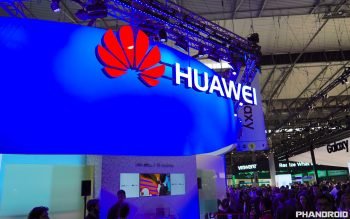
Huawei founder says that the US can’t “crush” them
It’s pretty obvious that Huawei is seeing some trouble from various governments, especially the US government. Constant accusations of espionage and data collection are being thrown at the company and sales of Huawei devices have all but ceased (at least directly from the source) in the States. However, it doesn’t seem that the company is suffering all that much from these accusations and bans. The companies smartphone sales set a personal record in 2018 and is not showing signs of slowing down.
The founder of Huawei Ren Zhengfei has done an interview with the BBC, saying that “there’s no way the US can crush us.” This sounds ominous, but the founder wants to emphasize that the company will thrive even without the US market. He also claims that the arrest of his daughter and Huawei CFO Meng Wanzhou was politically motivated. She was arrested in Canada and may be extradited to the US.
This interview comes soon after the UK has taken a more positive stance towards the company, claiming a ban is not necessary over espionage concerns. This is the opposite of the stance the US, Australia, and New Zealand have recently taken when it comes to 5G equipment.
With all the accusations (and seemingly no proof so far) and worries of the Chinese government spying on people through Huawei, whether it’s their devices or network equipment, Mr. Ren had this to say: “The Chinese government has already clearly said that it won’t install any backdoors. And we won’t install backdoors either. We’re not going to risk the disgust of our country and of our customers all over the world, because of something like this. Our company will never undertake any spying activities. If we have any such actions, then I’ll shut the company down.”
It’s hard to say what will come in Huawei’s future. Whether the company can beat these allegations remains to be seen, and the harsh stance many governments have taken against Huawei doesn’t stop them from being a huge, powerful global company.
Source: BBC Via: TechCrunch